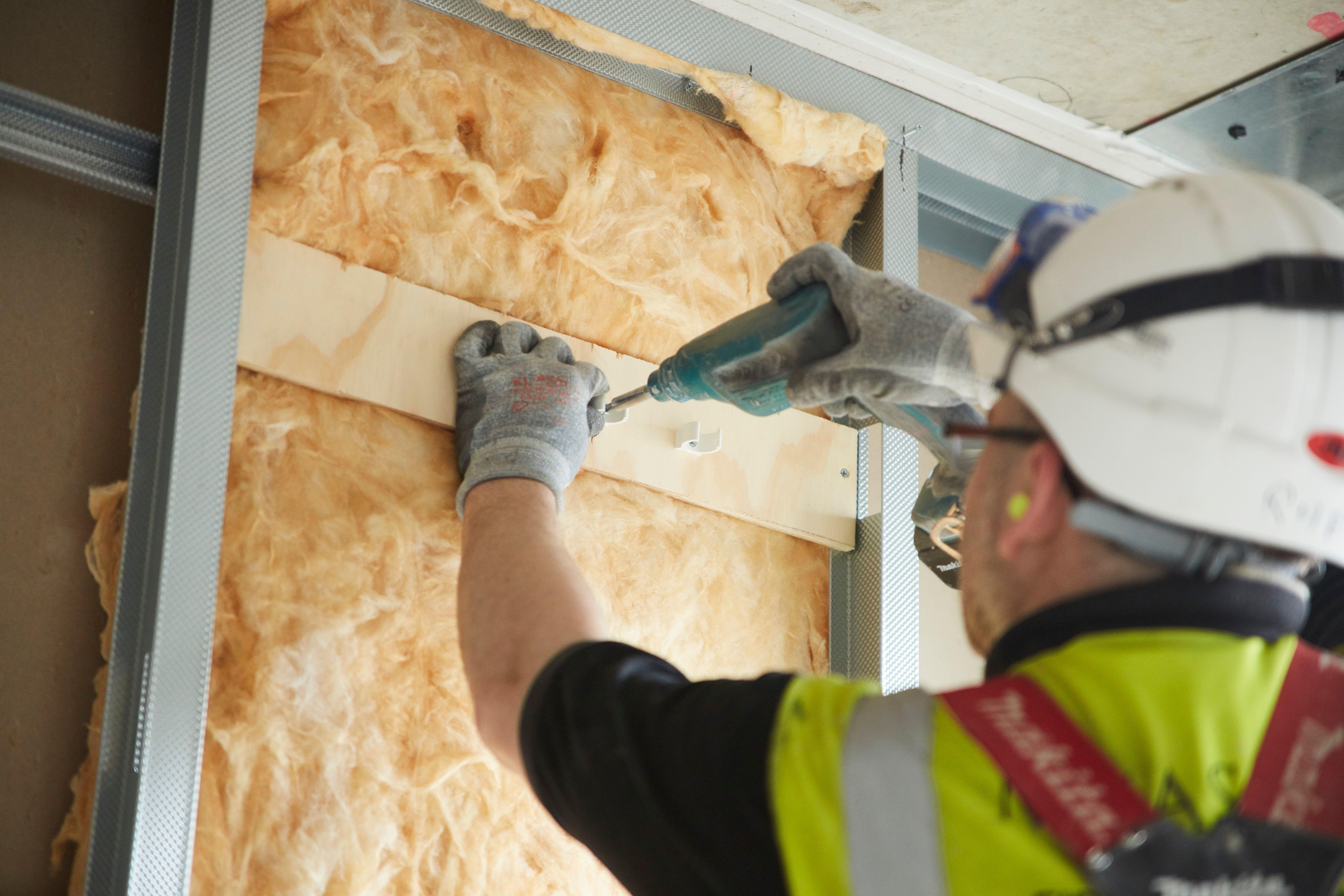Draughty homes see ‘a third of energy bills go straight out the window’
People living in Wales, the West Midlands, and Yorkshire and the Humber face the highest costs, Citizens Advice said.

Your support helps us to tell the story
From reproductive rights to climate change to Big Tech, The Independent is on the ground when the story is developing. Whether it's investigating the financials of Elon Musk's pro-Trump PAC or producing our latest documentary, 'The A Word', which shines a light on the American women fighting for reproductive rights, we know how important it is to parse out the facts from the messaging.
At such a critical moment in US history, we need reporters on the ground. Your donation allows us to keep sending journalists to speak to both sides of the story.
The Independent is trusted by Americans across the entire political spectrum. And unlike many other quality news outlets, we choose not to lock Americans out of our reporting and analysis with paywalls. We believe quality journalism should be available to everyone, paid for by those who can afford it.
Your support makes all the difference.Some families are seeing up to 30% of their energy bill “go straight out of the window” because of a lack of insulation, Citizens Advice has warned.
The advisory service said many families will continue to struggle with high energy costs and cold, damp homes despite the recently announced bill freeze due to a lack of investment in basic cost-saving measures like insulation.
The Government’s freeze on energy prices means the average bill will be £2,500 a year from October 1.
However, Citizens Advice said more than a million people living in homes with an energy performance certificate (EPC) rating of F will face an average bill of more than £3,000.
Furthermore, draughty and inefficient homes mean they will lose £950 worth of the heat they pay for through the walls, windows and roof, it warned.
It calculated households would save a combined total of £8.1 billion per year if all homes had an EPC rating of C.
Currently, the majority of homes in England and Wales are below this standard, a significant proportion being pre-war buildings.
There are also regional disparities, with people living in Wales, the West Midlands, and Yorkshire and the Humber facing the highest costs, Citizens Advice said.
Almost two thirds (63%) of homes in these areas have EPC ratings below band C.
Households in London and the South East are most likely to be in a better position, but more than 50% of homes in these regions still have poor EPC ratings.
Bills are going through the roof - literally for people in cold and draughty homes, where heat seeps out when they turn up the thermostat. This is burning through many people’s tight budgets
Almost half (44%) of homeowners are actively considering improving their homes, but cost was cited as the main reason by those who are not.
Rich Jones, energy projects manager at Citizens Advice Brighton and Hove, said: “Most of the people we advise are disabled or have a long-term health condition. One person we’ve spoken to is relying on her son to do her washing by hand to save on electricity.
“She says she’s cold all the time. Several parents have told us their children’s bedrooms are so damp that they’ve given them their room and are now sleeping on the sofa or floor instead.
“Grants, budgeting and benefit checks can only provide some short-term relief. But improving their homes would make a big difference.”
Citizens Advice chief executive Dame Clare Moriarty said: “The Government’s bill freeze puts an emergency stop to terrifying price hikes. Now we need an exit strategy from this energy crisis.
“Bills are going through the roof – literally for people in cold and draughty homes, where heat seeps out when they turn up the thermostat. This is burning through many people’s tight budgets.
“Insulating our homes is the long-term solution that will cut down our bills and reduce our dependence on gas. The government must make it a top priority.”